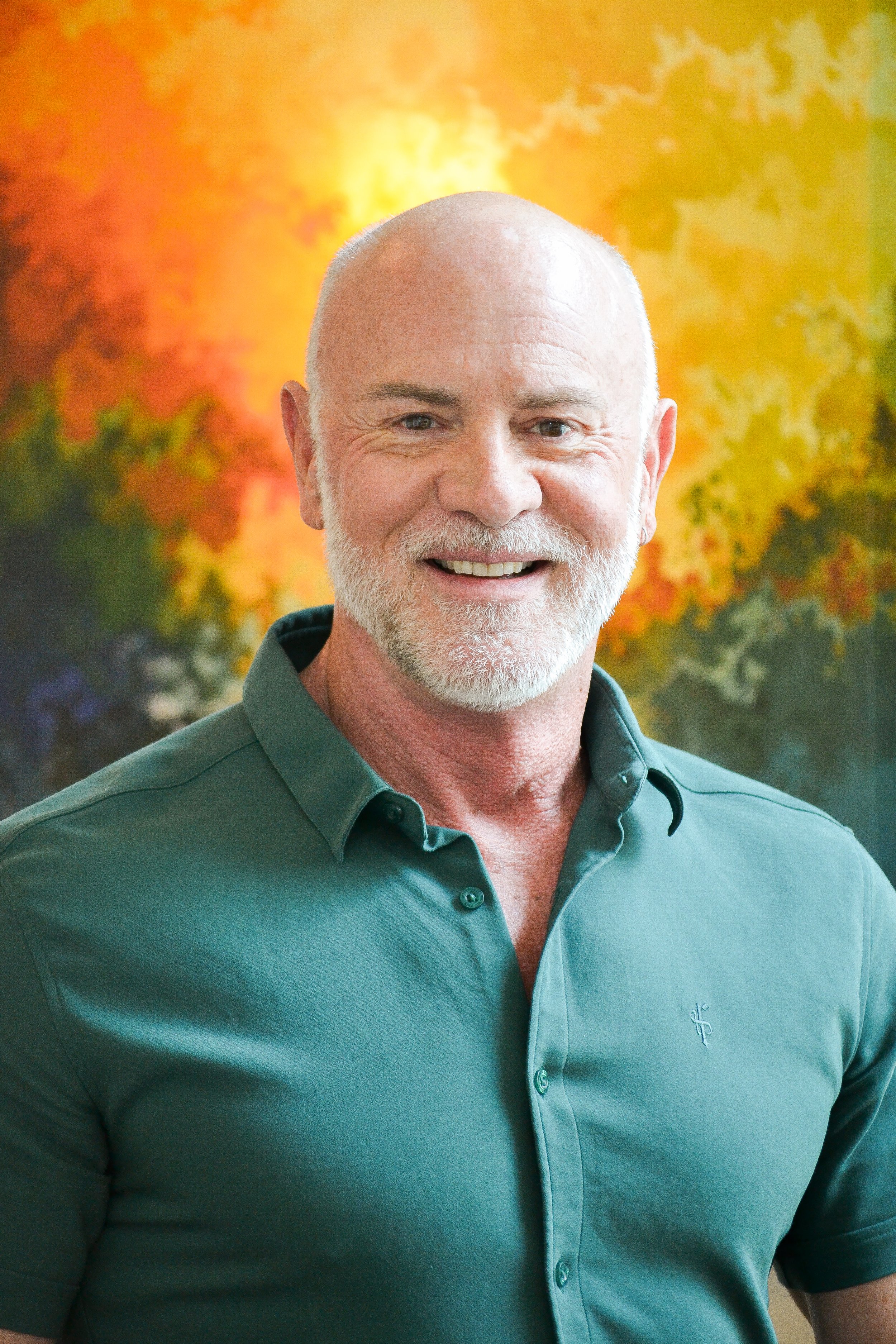
Gay-affirmative Therapy
in Draper, Utah
for men and women struggling to live whole and authentic lives.
David Matheson, CMHC
Feeling Torn
Clashing Emotions
Trauma
Stress • Shame
Anxiety • Depression
Keeping Secrets
“There’s a lot going on…”
When someone’s sexual orientation clashes with their religious or spiritual upbringing, or with cultural and family expectations—especially if they’ve also experienced trauma—it can stir up a storm of emotions. It’s a lot!
The pressure of navigating these competing internal and external loyalties often leads to feeling torn, heavy stress, and persistent shame, which in turn can fuel anxiety and depression. Many people find themselves constantly on edge, keeping painful secrets, and wrestling with mental confusion as they try to make sense of who they are versus who they’ve been told to be.
Begin your healing journey now.
Contact me for a free consultation
Whether you are interested in face-to-face psychotherapy in Draper, Utah or secure telehealth anywhere in Utah, contact me to set up a free 20 minute phone consultation.
Difficult Intersections
For most people, the pieces of their identity—culture, race, family, religion, spirituality, and sexual orientation—fit together like puzzle parts that naturally click. Life tends to feel steady when everything around you affirms who you are. For example, if you’re a straight, white Christian, society keeps handing you little nods of approval at every turn.
If you’re gay, bi, queer, or otherwise outside the default settings, those same pieces can bump into each other instead of locking in place. The signals you get from family, church, and culture might clash with what you know in your gut, and that mismatch can spark a painful inner tug-of-war.
That conflict is rough enough on its own, but there’s often more to the story. LGBTQ folks are statistically more likely to carry sexual, physical, or emotional trauma from earlier in life, so they’re already lugging extra weight before the identity collision even starts.
Abuse and Trauma
If at any point in your life you were involved in a sexual experience or an erotically charged situation that you didn’t want, didn’t consent to, or weren’t old enough to understand, you experienced sexual abuse. Sometimes, these experiences are physically or emotionally painful. But they can also be pleasurable, which can make the experience even more confusing. Sexual abuse is extremely common among gay, bisexual, and queer people.
LGBTQ people also experience high rates of complex trauma—repeated incidents of terror, abuse, mistreatment, loss or neglect that happen over the course of childhood and adolescence.
Failed Conversion Therapy
From the 1980s through the 2010s, many gay and lesbian people from high-demand religions and cultures tried a variety of methods to change their sexual orientation. I was part of that movement. Ultimately, most of us admitted to ourselves that sexual orientation doesn't change, regardless of what methods you attempt or how hard you try. Some people are capable of repressing their natural orientation, but with the rarest exceptions, people don't go from gay to straight through religion or therapy.
In my experience, most of the people who have sought conversion therapy did so because of the difficult intersections I described previously. While some types of conversion therapy may have helped some people with certain aspects of their distress, it did not accomplish the main purpose for which they sought it. And in the worst cases, conversion therapy wasn't just ineffective, it was actually harmful.
Confusion about Your Sexuality
Abuse, trauma, conversion therapy, and the kinds of intersectional contradictions I mentioned above may all impact sexuality in ways that research is just beginning to consider. But through my decades of experience, many of these impacts have become very clear to me. Of particular importance is the way in which religious hetero-imperativity (the demand that one must be straight) can stunt normal sexual development in LGBTQ people. While this still occurs among younger generations, it is extremely common among Gen X and Boomers, who experienced even more intense hetero-imperativity and homonegativity growing up than happens today. Symptoms of this stunting that I've observed among my clients include:
An inability to incorporate their sexual orientation as part of their identity
Sexual compulsions resulting from shame and repression of their innate desires.
False bisexuality (gay or bisexual people who live a seemingly straight life)
A sense of not knowing themselves and a tendency to feel controlled by outside forces.
Fragmentation and Disempowerment
Intersectional contradictions, abuse and trauma, and confusion about sexuality tend to leave people feeling split, confused and disempowered. For some, it feels like they have a dysfunctional family of selves living inside them who cannot seem to agree on anything. Their inner experiences of desire, needs, aspirations and right and wrong can shift radically depending on which “self” has control of the mind, body, or mouth at the moment.
This can create tremendous amounts of regret and guilt. Others experience themselves as living in a fog or under a dark cloud of depression and anxiety. Most people in this circumstance find themselves painfully confused about who and what they are, what they want from life, and which direction they should go. This confusion disempowers and shuts down their ability to pursue a satisfying course in life.
Recovery and Growth
The human heart and mind have an amazing ability to heal and recover.
Your heart can grow beyond the painful emotions.
Your mind can clear itself of the confusion and find its way back to your inner truth.
But you may not be able to recover on our own without the help of someone trained and experienced in the special skillset that is required. Sadly, even many licensed mental health professionals are not equipped for this journey.
I have personally lived this journey. And I have helped others along this path for the past 28 years.
Begin Living Your Truth
In-person sessions in Draper, Utah and online via secure telehealth throughout Utah. Schedule a free consultation.













